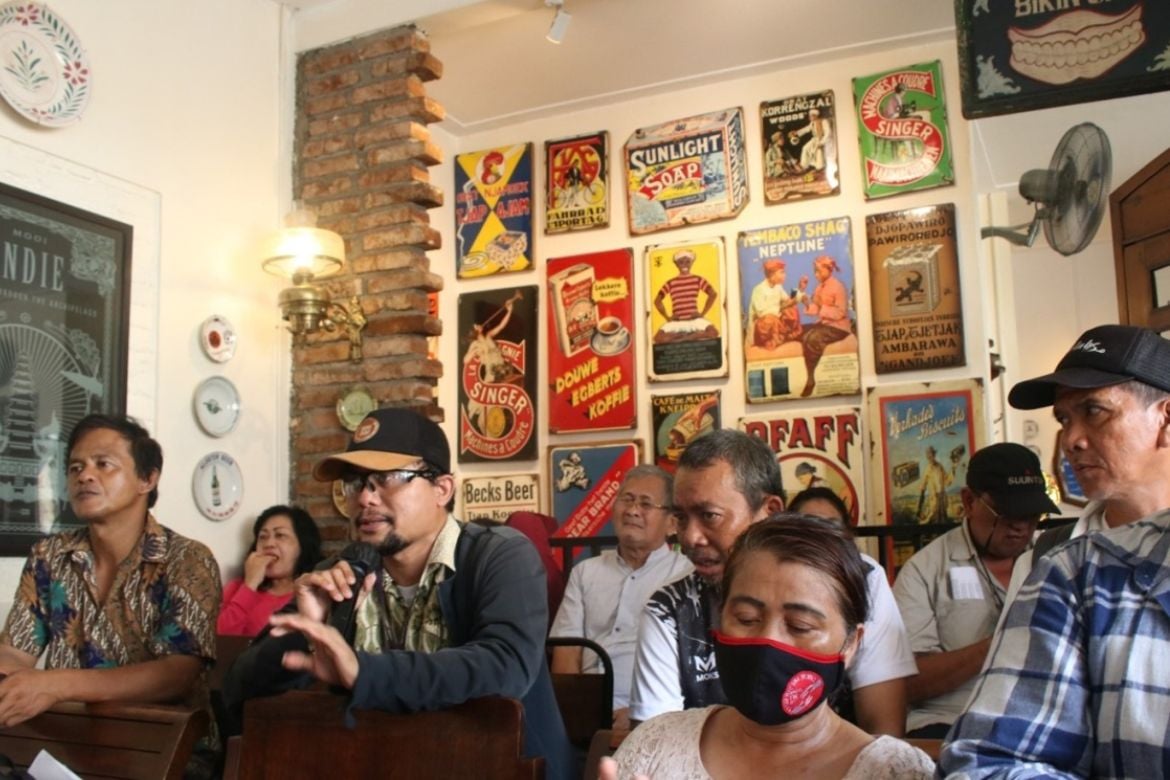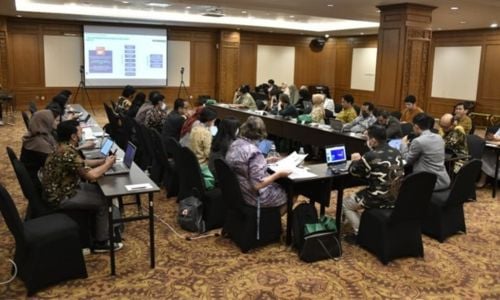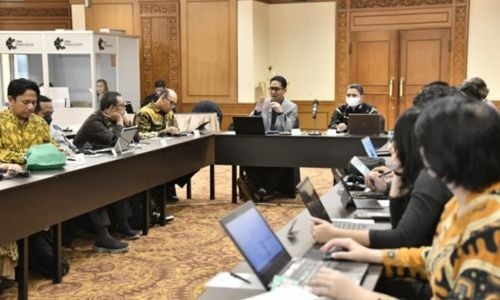
Indonesia: From School Violence and Bullying to a Culture of Care
Indonesia needed clear regulatory guidance on preventing and dealing with violence at schools. The efforts of civil society organizations encouraged the government to adopt regulations to address this problem.
Incidents of bullying, harassment, physical violence and other forms of aggression among students at Indonesian schools were widespread. According to the 2022 National Assessment, 36% of students in Indonesia were at risk of experiencing bullying, 35% of experiencing sexual violence, and 27% of experiencing physical punishment. (MoE, 2022).
The lack of clear guidelines and protocols on how to address and prevent violence in schools contributed to a culture where such behavior was often normalized or ignored.
Overall, the situation was characterized by a lack of awareness, inadequate policies and insufficient support mechanisms to address and prevent both violence and bullying in schools. Students faced significant challenges in reporting incidents, seeking help and feeling safe in their learning environment. This had a detrimental impact on their well-being and academic performance.
The Power of Collaboration
In 2023, the Ministry of Education passed a regulation on violence prevention, handling in education units, including gender-based violence. The regulation established mechanisms for handling and reporting incidents of violence. This Includes procedures for reporting, investigating and taking appropriate disciplinary action against perpetrators, and ensuring a fair and transparent process.
This regulation marked a significant achievement in the collaboration between the government and civil society organizations (CSOs) to combat violence and bullying in educational institutions.
National CSOs, including the Network for Education Watch Indonesia (NEW Indonesia)an Education Out Loud partner—and the national education coalition, played a crucial role in advocating for this regulation, bringing attention to the issue of school violence. The government took proactive steps in engaging with CSOs and school communities to develop the regulation and ensure its implementation.
The school community, including teachers, students and parents, participated in the process by providing input and feedback on the regulation, ultimately shaping its contents to address the specific needs and concerns of those affected by violence in schools.

How Change Was Achieved
Firstly, the government’s commitment to creating child-friendly schools and opening spaces for dialogue with civil society was crucial. This approach had been in place for some time, but there was a need for stronger regulations and a more structured violence prevention team at all levels.
Secondly, by using policy forums such as local education group meetings, seminars and workshops with the Ministry of Education and National Parliament, NEW Indonesia was able to influence the government to act on preventing and addressing school violence.
NEW Indonesia engaged in monitoring and reporting on cases of violence in schools, highlighting the urgency of regulatory intervention. This included actively assisting survivors of violence in schools so that they could get protection, security and counseling. Regular reports and updates were provided to policy makers to maintain attention to the issue.
The advocacy and campaigns targeting students who had suffered from violence in school provided them with the courage to speak up and get justice. The campaigns attracted public attention and encouraged the government to create and realize a safe and child-friendly environment in schools.
Lastly, the coalition engaged with mass media to garner broader public attention. Media coverage of the increasing number of cases of violence in schools helped raise public awareness and pressure the authorities to take action.
Lessons Learned
The Education Out Loud supported project has facilitated knowledge sharing and built capacity among education stakeholders in Indonesia.
Through workshops, trainings and conferences, they have exchanged best practices, learned about effective strategies for preventing violence in schools, which has enable the government to develop a new policy and skills to address this issue effectively.
Collaboration and coordination among government agencies, CSOs and the media are essential. It is important to establish clear roles and responsibilities for each stakeholder and to ensure effective communication and cooperation through participation in local education group meetings and various discussions initiated by both the Government and CSOs.
In addition, both the government and CSOs invite and involve media networks to convey government policies and voices from the community.
In addition, continuous monitoring and evaluation of the effectiveness of interventions is necessary to identify areas for improvement and make necessary adjustments.
Data collection and analysis are important to assess the impact of interventions and inform decision-making. NEW Indonesia tracks data on instances of violence at school and type of violence.

A New Culture of Care
The project supported by Education Out Loud has helped amplify the voices of students, teachers, parents and the survivors of violence in shaping policies and programs for violence prevention in schools.
By ensuring their active participation, the EOL supported project has contributed to creating more inclusive and responsive solutions to address the complex challenges of violence and bullying in educational settings.
Students and school stakeholders will benefit from a safer and more supportive school environment that promotes gender equality, respect, tolerance and empathy.
By addressing issues of violence and bullying head-on, the new regulation sets a positive example for future generations and fosters a culture of care and accountability within the education system.
